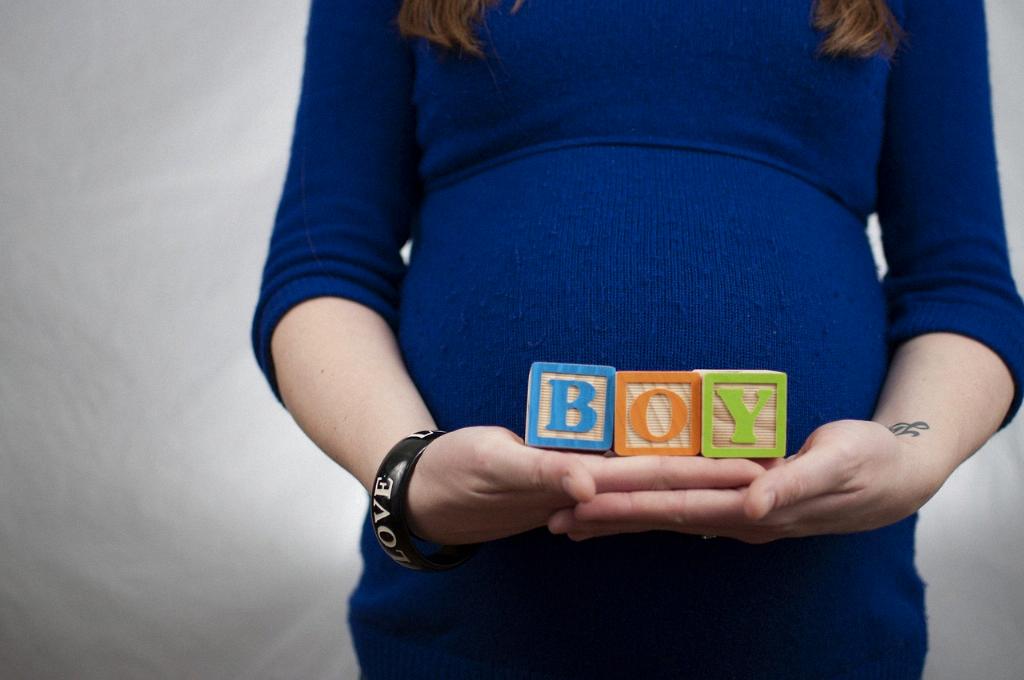When it comes to pregnancy, concerns about diet and nutrition are common. One question that often arises is whether pregnant women can safely consume mangoes. The good news is that mangoes are not only safe but also bring a variety of benefits to expectant mothers.
Nutritional Value of Mangoes
Mangoes are rich in essential nutrients that are beneficial for both the mother and the developing baby. They are a great source of Vitamin C, which is crucial for boosting the immune system and aiding in the absorption of iron. Additionally, mangoes contain Vitamin A, which is important for vision and fetal development.
Iron Content in Mangoes
Iron is a key nutrient during pregnancy as it helps in the production of hemoglobin, which carries oxygen to the body’s cells. Mangoes contain a good amount of iron, making them a valuable addition to a pregnant woman’s diet to prevent iron deficiency anemia.
Digestive Health Benefits
Mangoes are also known for their digestive health benefits. They are rich in dietary fiber, which can help prevent constipation, a common issue during pregnancy. Fiber also supports a healthy digestive system, ensuring that essential nutrients are absorbed effectively.
Hydration and Morning Sickness Relief
During pregnancy, staying hydrated is crucial, and mangoes can contribute to your fluid intake. The high water content in mangoes helps in maintaining hydration levels. Moreover, the natural sweetness of mangoes can provide relief from morning sickness.
Antioxidant Properties of Mangoes
Mangoes are loaded with antioxidants such as beta-carotene and Vitamin C, which help combat free radicals in the body. These antioxidants play a role in reducing inflammation and protecting cells from damage, promoting overall health during pregnancy.
Immune System Support
As a rich source of Vitamin C, mangoes can boost the immune system, which is beneficial for both the expecting mother and the developing baby. A strong immune system is essential to fight off infections and illnesses that can be more serious during pregnancy.
Energy Boosting Properties
During pregnancy, fatigue can be a common issue due to hormonal changes and the body’s increased demands. Mangoes provide a natural energy boost, thanks to their Vitamin B6 content, which helps in the metabolism of carbohydrates and protein.
Weight Management and Pregnancy Cravings
While it is important to maintain a healthy weight during pregnancy, cravings are a normal part of the experience. Consuming mangoes as a tasty snack can satisfy those cravings in a nutritious way, helping to manage weight gain and promote overall well-being.
Precautions and Moderation
Although mangoes offer numerous benefits, it’s essential to consume them in moderation. While a ripe mango is generally safe during pregnancy, excessive consumption can lead to a rise in blood sugar levels due to its natural sugar content. As with any food, it’s best to enjoy mangoes as part of a balanced diet.
Consult Your Healthcare Provider
As with any dietary concerns during pregnancy, it’s important to consult your healthcare provider before making significant changes to your diet. They can provide personalized advice based on your individual health needs and ensure that you are consuming foods that are suitable for you and your baby.
Conclusion
In conclusion, pregnant women can safely enjoy the delicious and nutritious benefits of mangoes as part of a well-rounded diet. From supporting immune health to aiding in digestion and providing essential nutrients, mangoes make a valuable addition to a healthy pregnancy nutrition plan. Remember to enjoy them in moderation and seek guidance from your healthcare provider for tailored dietary recommendations.

